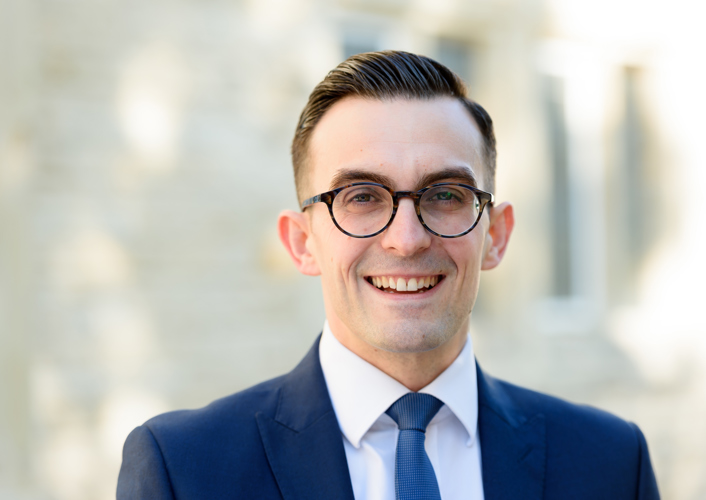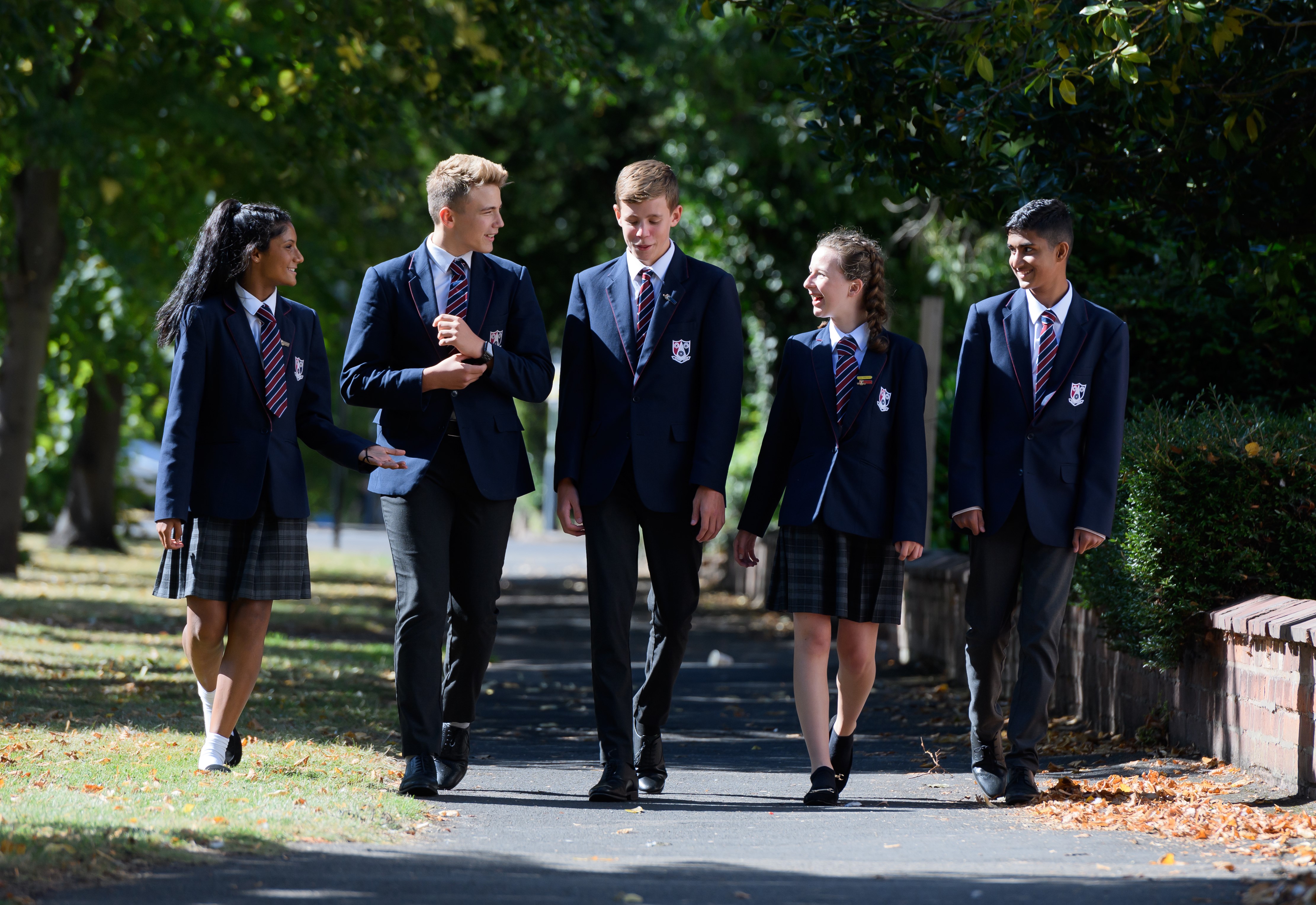'Our post-pandemic curriculum should be couched in kindness, culture and values'

David Preston, head of Arnold Lodge School, argues pupil wellbeing should be prioritised over 'academic recovery' when schools reopen in September.
The act of learning during lockdown – and the facilitation of this – has been a steep curve for pupils and teachers alike. However successful it has been, when we look to the (hopefully!) full return to school in September, we cannot help but wonder of the changes we may need to make to our planning, curriculum and teaching to support the children who have been away from the classroom for such a long time.
Successful school life is a series of rituals. It is a sense of safety and of security. Of friendships and laughter. Children, above all else, need this. For parents who have been trying to support children with their home learning and wondering “how do teachers do this?” the answer is more than the pedagogical skill of teachers; it is the culture, rituals and rules of the classroom and the wider school that support children to be effective learners. The rituals of school life will matter now more than ever; time together for assemblies, house competitions and a sense of community will resonate with children who have been learning in isolation for so long.
Though so much focus is currently being placed on academic intervention, it must be considered that it will be relatively easy for schools to measure the academic impact of the lockdown on children, and this should not necessarily be high on our radar as school leaders. Schools are full of data, and so school leaders can confidently assess how the knowledge and skills children have has shifted against the markers from prior cohorts and age-related expectations.
Protocols already exist to establish interventions to help pupils who have ‘fallen behind’ make progress towards their ‘expected’ levels. ‘Gifted and talented’ programmes (issues with nomenclature aside) also exist to ‘push on’ pupils who can go further. Teachers are trained to deliver academic content. Teaching, curriculum planning, assessment frameworks, reporting cycles… these all help schools ensure children build up knowledge and skills, to help children know how to do better next time and to make sustained progress over time. Children will catch up on the learning they may have missed during lockdown. Teachers will be cognisant of the lost time from school and future planning will be adapted to help children make up what they may have missed over the weeks, months, and years to come.
When children do return to school, we must, therefore, not focus on the ‘academic loss’ children may have suffered. If you speak to children, their sense of what they have missed most will be so much broader than that; in years to come, when children look back on the weeks in lockdown, it is the loss of their relationships they will remember most keenly. Cancelled football matches. Missing gymnastics. Birthday parties in isolation. Sunday afternoons with Grandad. Children have had more access to ‘academic learning’ than they have had opportunities for personal and social development during the pandemic. If we allow our curriculum to go chasing ‘academic recovery’, we risk ignoring the aspects of the child that really will need long-term intervention.
We must, first and foremost, look at the holistic recovery that children will need to help them be better learners in the long term. We must help children to find their sense of self again, to re-establish friendships and to ensure that children feel safe to resume learning. If we focus immediately on ‘academics’ we run the risk of dismissing the impact of the pandemic on our children’s readiness and ability to learn effectively. We must begin gradually to allow children to reconnect with themselves as classroom learners, their friends and their school. We must act with empathy and seek to rebuild routines in the ‘new normal’ that we will find ourselves in. Helping children to be happy in school must be our priority.
We must not chase assessments or data. Not in the short term. Instead, we must focus on the whole child or risk leaving aspects of their development behind. The child who left school in March may well not be the same child who returns when schools fully reopen. We must first look to return the children to a place of confidence, of engagement and of wellbeing. Then, and only then, can we truly help their learning flourish.

